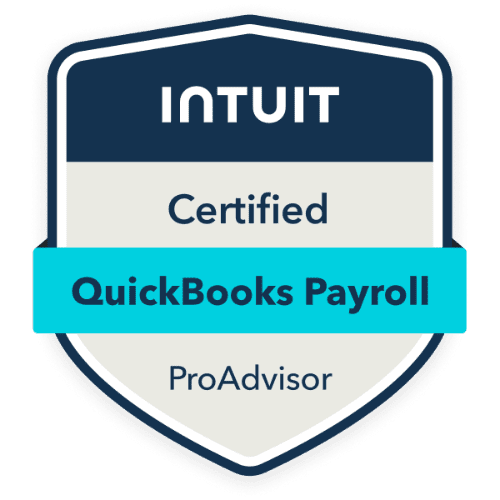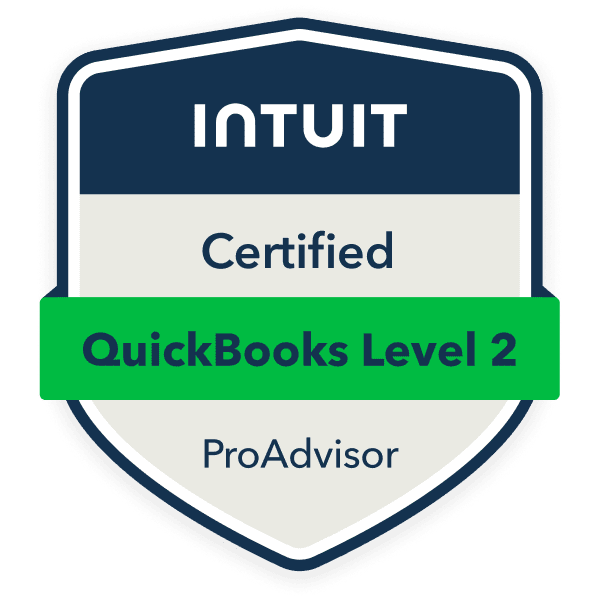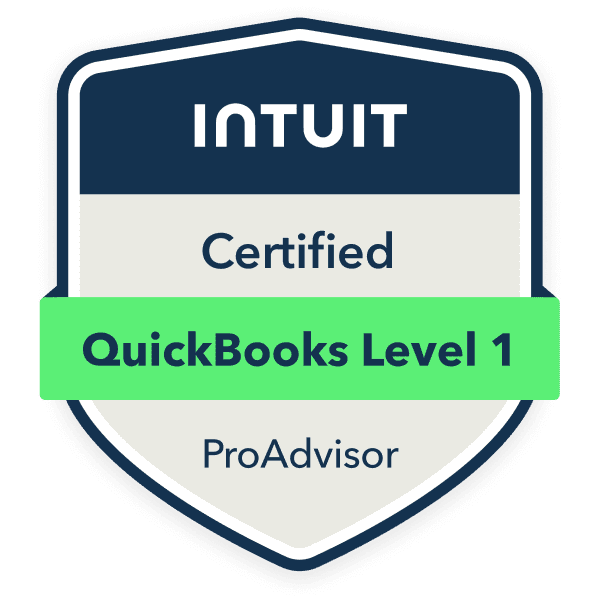You’ve probably heard the golden rule for multiple businesses: each entity gets its own complete set of books. But what if I told you there’s a scenario where you can legally consolidate some of your bookkeeping while still staying compliant—and potentially save thousands in taxes and administrative costs?
Recently, a client called me in a panic. Sarah runs a successful marketing consultancy and recently launched an online course business. She’d been told by another accountant that she needed to set up completely separate LLCs, separate bank accounts, separate everything. The projected costs? Over $3,000 annually just in filing fees and additional accounting work.
But here’s what that accountant missed: Sarah’s situation qualified for a much smarter approach.
The Exception Most People Don’t Know About
While it’s absolutely true that businesses with different EINs need completely separate books (as I covered in my recent post about managing multiple income streams), there’s an important exception when you’re running multiple business activities under one LLC.
The IRS still requires separate record-keeping for each business line, but you’re not necessarily stuck with the administrative nightmare and costs of multiple entities. In fact, done correctly, this approach can offer some significant advantages:
- Tax benefits you can’t get with separate entities (like offsetting losses from one business against profits from another)
- One tax return instead of multiple filings
- Simplified administration while maintaining proper separation
- Shared resource allocation that actually makes business sense
But Here’s Where It Gets Tricky…
The devil is absolutely in the details. The IRS has specific requirements for how you track and separate these activities, even within one entity. Miss these requirements, and you could end up in hot water during an audit.
Plus, there are recent regulatory changes (like updates to the Corporate Transparency Act) that have completely shifted the landscape for LLC owners. Some requirements that were causing major headaches for small business owners have been suspended, while others remain in effect.
The Questions You Need to Answer First
Before you decide whether to consolidate activities under one LLC or keep them separate, you need to evaluate:
- Are your business activities related enough to benefit from consolidation?
- What are the specific IRS requirements for tracking multiple activities in one entity?
- How do you set up your bookkeeping systems to maintain compliance while maximizing benefits?
- What are the liability and risk considerations you need to account for?
- When does it make more sense to keep entities completely separate?
Why This Matters More Than Ever
With rising business formation costs, increased compliance requirements, and ongoing regulatory changes, getting your business structure right from the start can literally save you thousands of dollars and countless hours of administrative work.
But the guidance out there is often incomplete, outdated, or comes from sources that don’t understand the nuances of what small business owners actually deal with day-to-day.
Running Separate Business Entities?
If you’re operating completely separate business entities (such as different LLCs, corporations, etc.), the rules are different and even stricter. Each entity with its own EIN must maintain completely separate books, bank accounts, and financial records – no exceptions.
Read: How to Manage Your Bookkeeping When Juggling Multiple Income Streams →
Get the Complete Picture
I’ve put together a comprehensive guide that walks through everything you need to know about managing multiple business activities within a single LLC structure. It covers:
✓ Exact IRS requirements for separate record-keeping (with current 2025 updates)
✓ Step-by-step setup process for compliant bookkeeping systems
✓ Tax advantages and strategies most accountants don’t mention
✓ Recent regulatory changes and what they mean for your business
✓ Decision framework to determine if this approach is right for your situation
✓ Risk management strategies to protect your business
✓ Real-world examples and implementation tips
[Get Your Free Guide Here]
Download your free copy of “Multi-Activity LLC Financial Management: Your Complete 2025 Compliance & Strategy Guide” and discover whether this approach could save your business thousands while simplifying your operations.

Questions about your books and your specific situation?
Every business is unique, and sometimes you need guidance tailored to your particular mix of activities and goals. If you’d like to discuss whether the single LLC approach makes sense for your businesses, I’m here to help. Book a consultation call and let’s determine how to set up your books to align with the structure that supports your success.
This blog post is intended for informational and educational purposes only and should not be construed as financial, tax, or legal advice. Every business situation is unique, and tax laws and regulations are subject to frequent changes. Please consult with a qualified accountant, tax professional, or attorney before making decisions about your business structure or bookkeeping practices. The information provided here is based on current understanding at the time of publication and may not reflect the most recent changes in tax law or regulations.















